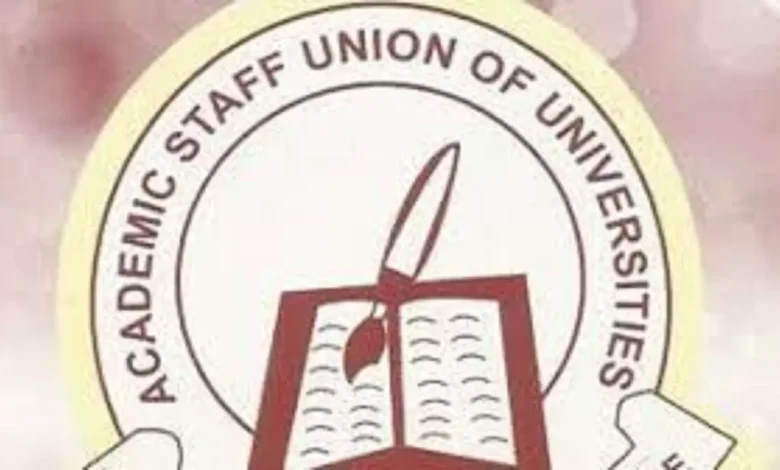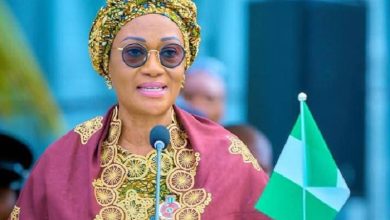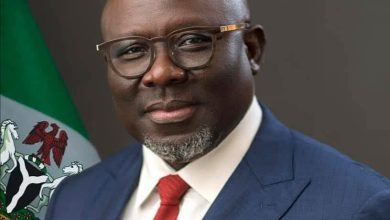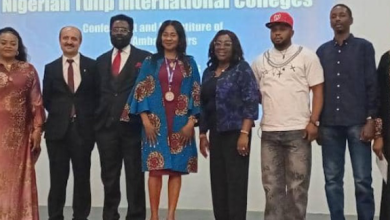ASUU to FG: Prioritise university funding to prevent further strikes

The Academic Staff Union of Universities (ASUU) has again urged the Federal Government to increase financial support for public universities, warning that continued underfunding will only deepen the cycle of industrial unrest in Nigeria’s tertiary education system.
Addressing members of the Senate Committee on Tertiary Institutions and TETFund at the National Assembly on Friday, ASUU President, Professor Chris Piwuna, said the union’s current two-week warning strike was a direct response to unresolved issues that have festered for over a decade.
Prof. Piwuna lamented the government’s failure to implement the recommendations of the Yayale Ahmed Committee, whose report was submitted in December 2024 but allegedly ignored until the latest industrial action began.
“For eight years, we engaged the government with little to show for it. This strike is not sudden—it is rooted in years of neglect and unfulfilled promises, ” Piwuna said.
The ASUU president reiterated that the union’s demands remained unchanged: consistent and sufficient funding for public universities, better conditions of service for academic staff, revitalisation of campuses, and full autonomy for tertiary institutions.
Piwuna also challenged lawmakers to pressure the executive arm to fulfill its budgetary commitments, noting that only a fraction of the N150 billion approved by the National Assembly for university revitalisation had been released.
He said, “Out of the N150 billion allocated, just N50 billion has made its way out and even that is yet to be utilised.
“We’ve learned that the Ministry of Education plans to distribute the funds across universities, polytechnics, and colleges of education, despite each having distinct budgetary lines. This is not acceptable, ” he added.
Piwuna further emphasised that properly funding public universities was key not only to ending strikes but also to improving Nigeria’s standing in global education rankings.
“If government invests meaningfully, we won’t have to down tools, and Nigerian universities will take their rightful place on the world stage, ” he said.
ASUU also raised fresh concerns over an alleged attempt by the Minister of the Federal Capital Territory (FCT), Nyesom Wike, to encroach on land legally allocated to the University of Abuja.
The union claimed the institution, which occupies over 10,000 hectares in the FCT, had been under pressure from the minister, who is reportedly eyeing part of the land for other purposes.
“If the minister is in search of land, he should look elsewhere.We are calling on the Senate to protect the university’s property and ensure that educational priorities are not compromised by political interests,” he said.
ASUU’s current strike, which commenced on October 13, stems from grievances tied to the 2009 FGN-ASUU agreement, withheld salaries from past strikes, and inadequate financial commitment to the educational sector.
Despite claims by federal officials that many of the union’s demands have been addressed, ASUU maintained that tangible action remained lacking.
The Federal Government has responded to the walkout by enforcing a “no work, no pay” policy, further straining relations with the academic body.
However, the union insisted that its agitation was not merely about salaries, but about the future of education in Nigeria.
“Our fight is for an educational system that works for students, for lecturers, and for the country.
“Until we prioritise learning spaces as we do political offices, strikes will remain a feature of our academic calendar, ” he said.



